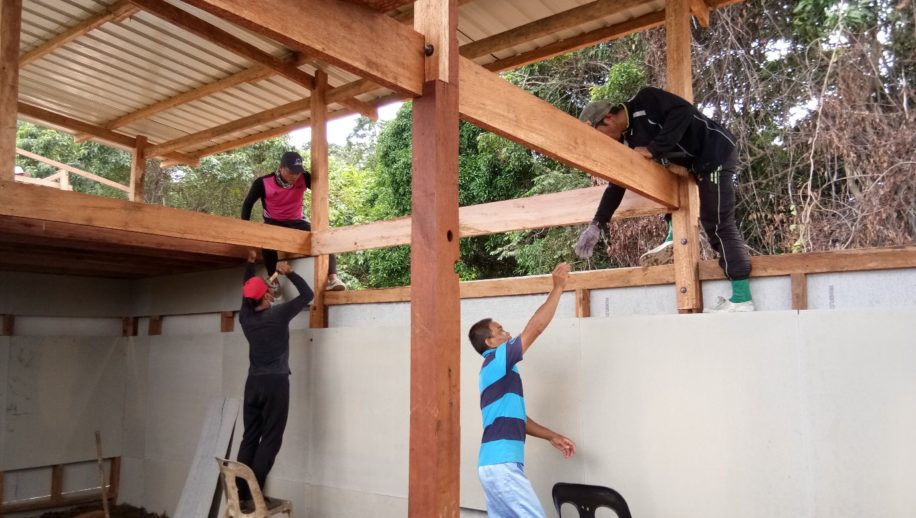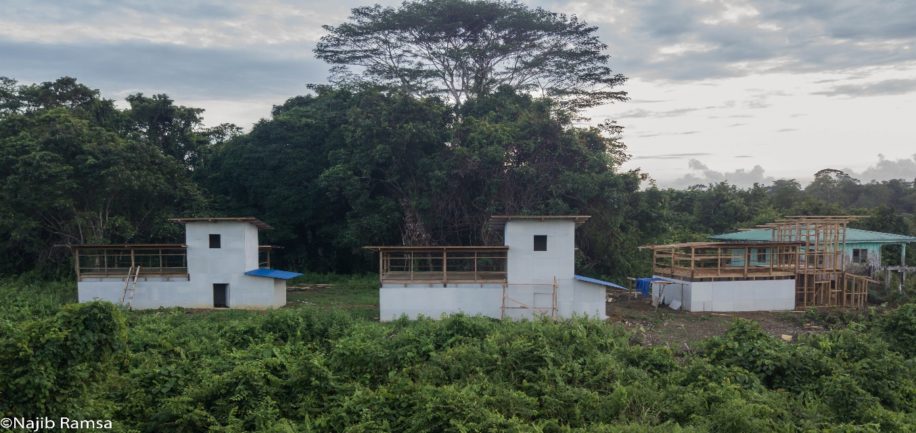Swiftlets—unlikely champions of the Malaysian rainforest
What do a Chinese delicacy and protecting Borneo’s rainforest have in common? This may seem like an odd question, but the answer is even stranger: a small bird called the swiftlet.
Edible-nest swiftlets (Aerodramus fuciphagus) nest in caves throughout Southeast Asia. Unlike most birds, which build their nests out of plant material, swiftlets make their nests from their own saliva. The birds secrete it on the walls of limestone caves, where it hardens. The resulting pouch-shaped structures are the namesake ingredient in bird’s nest soup. As the delicacy has grown in popularity, particularly in China and the Philippines, demand has outstripped supply, and a single pound of the nests can now fetch up to $4,500.
This provides an economic opportunity for the people of Dagat Village, in Malaysian Borneo, where harvesting the nests is a long tradition. With the help of a Seacology grant, the community is building three swiftlet huts, buildings that serve as artificial caves for the birds to nest in. Community members will collect the nests (once the birds are done with them), without the danger of scaling the walls of caves or overharvesting from the birds’ natural dwellings.


Borneo loses troubling amounts of rainforest each year to oil palm plantations and other agriculture, and projects like this one are an important tool in reversing that trend. The sustainable income from swiftlet nests can help communities like Dagat resist the pressure to sell off their land. In exchange for Seacology’s investment, the people of Dagat have pledged to protect 550 acres of beautiful rainforest for at least 15 years.
The community has already received training by a swiftlet expert on best practices—how to attract the birds to the new artificial habitat, harvest the nests, and develop a business plan for bringing the nests to market. They recently finished construction of the last of the three buildings and will soon begin to welcome its new residents.

